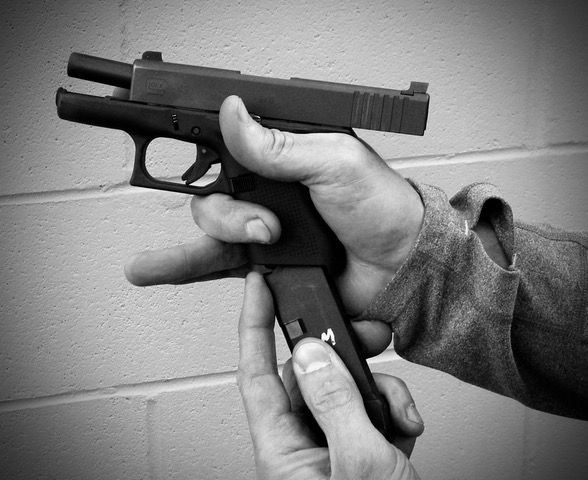
Most people think of the adjective “meek” in a negative sense, as in being weak, timid and unresisting. However, it can also be used in a positive manner, which has a completely different meaning, and more what the term used to mean. Turns out when you delve into this, “meek” is actually something we should all strive to be.
During Biblical times a wild horse that had been tamed was called “meeked.” The feral horses were captured, then trained for transportation – riding and pulling wagons, racing -- and the best were trained to carry both riders and chariots into battle. The horses were still strong; they would charge headlong into battle without fear. There was nothing weak about them.
The most common association of “meek” from this time comes from Christ’s Sermon on the Mount: “Blessed are the meek, for they shall inherit the Earth.” Meek here is best translated as “peaceful, gentle,” or “humble” and “kind.” It’s interesting that only two people in the Bible are described as “meek:” Moses and Jesus. A study of these two will reveal immediately that while they were meek, as described at that time, there was nothing weak about them.
The first use of “meek” in English is from the 12th century. This use comes from the Norse word mj?kr, which means “soft” and “mild.” Since then, meek has become synonymous with “weak.” We’re going to focus on the older understanding of “meek,” the more positive use of the word.
A “meek” person is one of strength. They possess strength and force, but being mature in heart and mind are able to stay in control, remaining calm even during stressful and dangerous times. This is a humble person. They’re not arrogant or self-important. A humble person is one who knows fully what they’re capable of, and have no reason to prove it to anyone. In other words, a meek or humble person has developed skills through training and practice until they have a healthy self-image – confidence.
Having confidence in our skills is the point all of us need to get to in our defensive skills. Why is “confidence” important? Because, your self-image and your performance are always corresponding. If you’re thinking, “Oh my gosh, I’m going to fail,” that’s exactly what’s going to happen. A confident person says, “I’ve done this thousands of times on the range – this is no different.” This positive self-image is going to produce an acceptable performance.
The only way to increase confidence is through training – an introduction to the principles and techniques required to achieve the desired results – and practice, which is when you actually learn to apply the necessary skills, both in a physical and mental sense.
Be careful not to let your ego get too large -- like you think you’re a “nine,” when in reality you’re a “four” or “five.” Having too much confidence is what gets people in trouble. And, like an over-inflated balloon, when the false confidence bursts, things fall apart rapidly.
We learn through repetition; there’s no substitute. This requires discipline. You’ve got to put in the time and effort necessary to develop and improve. This creates confidence, a positive self-image. You can be the “meek” person, treating everyone with respect. You ignore taunts and challenges. Yet, when the time comes, you use controlled strength – violence - to solve the problem.
Tiger McKee is director of Shootrite Firearms Academy. He is the author of The Book of Two Guns, AR-15 Skills and Drills, has a regular column in American Handgunner and makes some cool knives and custom revolvers. Visit Shootrite’s Facebook page for other details.